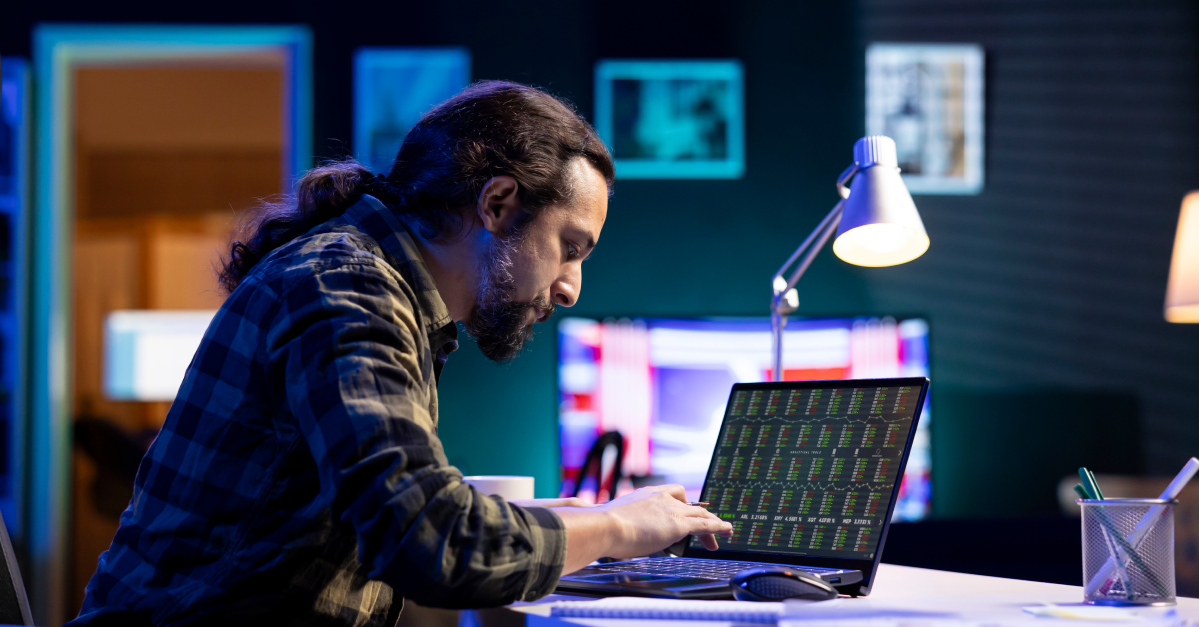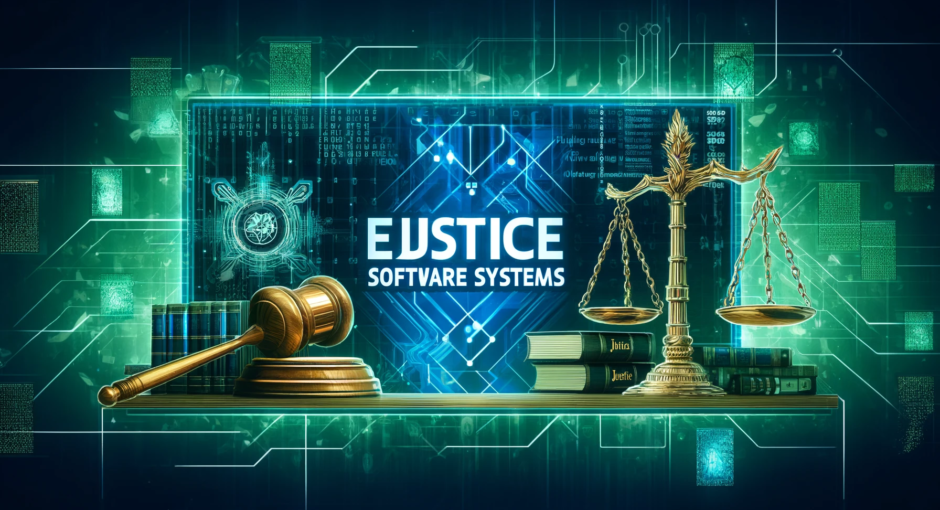In an era marked by rapid technological advancements, the question of whether artificial intelligence (AI) will replace human software developers has become a topic of both curiosity and concern. While AI has made significant strides in automating certain aspects of software development, the relationship between AI and human developers is evolving into a dynamic collaboration rather than an outright replacement.
The Evolution of AI in Software Development
AI’s entry into the realm of software development has been transformative. From automating repetitive tasks like code generation and debugging to optimizing algorithms and predicting software defects, AI has showcased its potential to enhance developer productivity and efficiency. AI-powered tools, such as code review assistants and automated testing frameworks, have become valuable assets in the software development toolkit.
The Collaborative Paradigm
Rather than heralding the end of human developers, AI is fostering a collaborative paradigm that leverages the strengths of both humans and machines. According to Andriy Tatchyn, LaSoft CEO, AI excels at handling large datasets, identifying patterns, and executing repetitive tasks with precision. “On the other hand, human developers possess creativity, critical thinking, and domain expertise that are difficult for AI to replicate”, Andriy says.
AI as an Aid, Not a Replacement
AI serves as an aid that complements human developers by streamlining routine tasks, reducing coding errors, and accelerating development cycles. This allows developers to focus their energy on higher-order tasks that demand creative problem-solving and innovative thinking. AI’s ability to suggest optimal code solutions and offer insights based on vast repositories of code can guide developers toward efficient and elegant solutions.
The Human Element: Creativity and Context
While AI can automate certain technical aspects of software development, it struggles to grasp the nuanced contexts and intricate requirements that underpin software projects. Human developers possess an innate understanding of user needs, business goals, and the intricacies of software architecture. Their ability to make judgment calls, adapt to changing project dynamics, and translate abstract concepts into functional code remains invaluable.
AI’s Limitations and Ethical Concerns
AI’s current limitations highlight the need for human oversight. It lacks a genuine comprehension of the ethical implications of software decisions, and its outputs are only as good as the data it’s trained on. Ensuring software security, adhering to ethical standards, and making nuanced design choices necessitate human intervention and ethical considerations.
Fostering Continuous Learning
The symbiotic relationship between AI and human developers is fostering a culture of continuous learning. As AI evolves, developers must stay abreast of AI technologies, learning how to harness their potential effectively. In turn, AI algorithms learn from human interactions, improving their accuracy and capabilities over time.
Conclusion: A Harmonious Future
AI’s impact on software development isn’t about replacement but rather augmentation. It’s about empowering developers with tools that enhance their capabilities, increase efficiency, and elevate the quality of their work. The future of software development is a harmonious blend of human ingenuity and AI-driven automation, where developers and AI collaborate to deliver innovative, reliable, and impactful software solutions.
As AI continues to evolve and redefine various industries, it becomes clear that the collaboration between AI and human software developers is ushering in a new era of technological progress, one marked by innovation, efficiency, and the harmonious synergy between human intellect and artificial intelligence.


